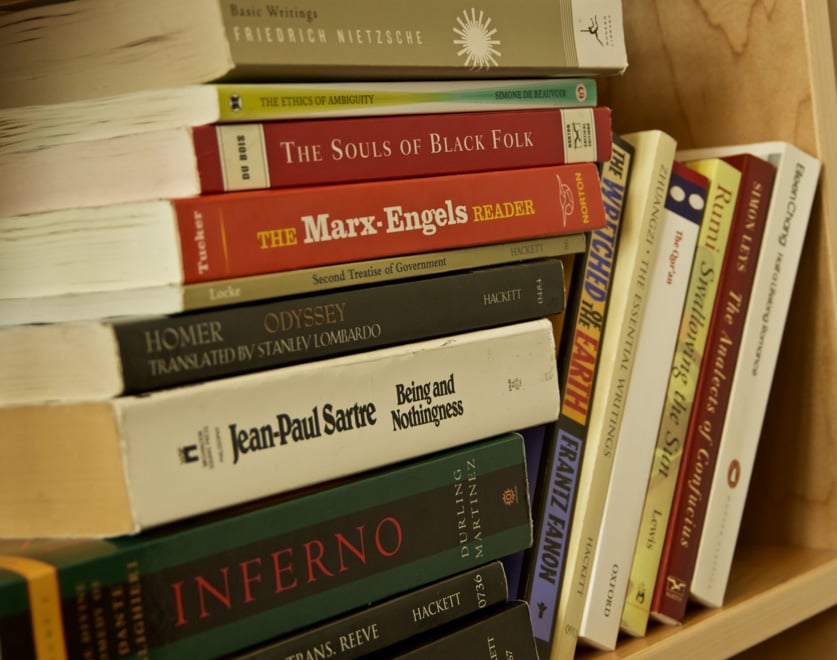The Structured Liberal Education (SLE) program for freshmen has added new texts and speakers in an effort to increase diversity in its curriculum. SLE continues to support Expanding the Curriculum (ETC), a student-run initiative that provides students with a forum for discussing potential changes to the curriculum.
Formal demands made by campus group Who’s Teaching Us (WTU) and complaints from last year’s participants helped drive these changes to the SLE curriculum.
“I think [the changes are] motivated by people being really unhappy with SLE, and some of those people [were] involved with Who’s Teaching Us,” said Emily Lemmerman ’19, one of the students who drafted the demands for SLE from WTU. “[People felt] alienated by the way in which [certain] texts were treated [in] SLE.”
Last spring, representatives from WTU met with the Vice Provost for Undergraduate Education, SLE administrators and other faculty members. They discussed their concerns with the curriculum, such as the ability for students of varying backgrounds to engage with the subject matter through presented class material and informal discussion.
To help begin a dialogue on how to change SLE and make time for further discussion, Lemmerman, along with SLE classmates Eliane Mitchell ’19 and Nichelle Hall ’19, also created ETC in the spring as an optional one-unit class to complement SLE.
As stated on its website, ETC’s goals are to “to bridge SLE texts with modernity and challenge them within alternative contexts, to cultivate a space for critical thinking and discourse and to empower students to take charge of their own learning.”
“[ETC] is completely driven by what students want to talk about, rather than what professors think are the most important key ideas for us to draw out from the texts that we are reading,” Mitchell said. “Its purpose is to create more discourse between varying opinions or visions of what a SLE education or an education in the liberal arts is supposed to be.”
By bringing in new speakers to examine the subjects in other contexts and adding new texts early in the fall, SLE hopes to allow all its students to glean insights from these widely read texts and apply them to the daily circumstances of their lives. Examples of texts added are Toni Morrison’s “Song of Solomon” and an essay from W. E. B. DuBois on the purpose of education.
American history professor Clayborne Carson, one of the speakers, recently presented on the “Uses and Misuses of the Bible,” linking the ancient texts to modern civil rights issues.
“He talked to us about Martin Luther King’s religious evolution from his adolescent years through adulthood,” said Mariella Pizarro-Silva ’20, a current SLE student. “It was probably the most engaging lecture we’ve had so far.”
This fall, former SLE students continue to operate ETC to facilitate broader discourse for interested SLE participants. Assistant director of SLE Greg Watkins expressed his support for ETC and the willingness of SLE to adapt to student needs.
“Last year was a year-long conversation of ‘what are you not getting from this program that you need?’” Watkins said. “It’s things like connections and structured spaces for making connections and allowing one’s own personal interests and criticisms to find a place for conversation. I would say we’re adapting to the changing needs of the students.”
Despite their complaints about the program, many students retain a love for SLE.
“I wouldn’t spend this many hours doing this every week if I didn’t legitimately care,” Lemmerman said.
Contact Nic Fort at nfort ‘at’ stanford.edu.
